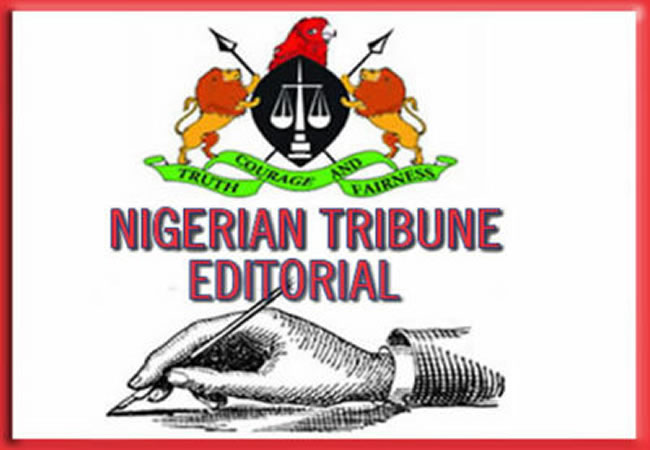LAST week, in a move that was not altogether unexpected, the military governments of Niger, Mali and Burkina Faso announced their countries’ withdrawal from the Economic Community of West African States (ECOWAS). Vowing to tackle violent armed groups in their countries, they announced the creation of a union dubbed the Alliance of Sahel States. Following the military coups in Mali (2020), Burkina Faso (2022) and Niger (2023), the countries had earlier cut ties with the colonial power, France, accusing it of neocolonialism and economic sabotage. In exiting ECOWAS, the countries accused it of becoming a threat to its member states. In a joint statement, they said they had decided “in complete sovereignty” on their immediate withdrawal from the West African body. They declared that ECOWAS “under the influence of foreign powers” had betrayed “ its founding principles,” and had failed to support their fight against “terrorism and insecurity”, while imposing “illegal, illegitimate, inhumane and irresponsible sanctions” on them.
In reaction, ECOWAS said that the exiting countries were yet to notify it of their decision to quit the bloc, adding that going by its protocol, withdrawal would take up to a year to finalise. It said it was awaiting “formal and direct notification” from the countries, adding that “Burkina Faso, Niger and Mali remain important members of the Community and the Authority remains committed to finding a negotiated solution to the political impasse.” On its part, the Nigerian government expressed sadness over the announcement by the three ECOWAS member states. A statement signed by the spokesperson of the Nigerian Ministry of Foreign Affairs, Francisca Omayuli, said that ECOWAS had worked to promote peace, prosperity and democracy in the region. It added: “Nigeria stands with ECOWAS to emphasise due process and shared commitment to protect and strengthen the rights and welfare of all citizens of member states.”
To be sure, the exit of the countries from ECOWAS has serious socio-economic and security implications for the subregion which is battling widespread insecurity on different fronts. In the first six months of 2023 alone, there were more than 1,800 terrorist attacks in the region, and socioeconomic conditions remain dire in the region where ECOWAS had been formed in 1975 to promote the economic integration of the 15-member states. While the military coups in the dissenting countries and the exit of the countries from ECOWAS are unfortunate developments, the sub-text of the regional body’s attitude to civilian dictatorship among member states is not worth forgetting. As we noted in the wake of the Niger coup, the fourth of such attempt within the West African subregion in the last three years, with the earlier three proceeding successfully, the resurgence of military coups ought to sensitise leaders of thought and government under ECOWAS to the fragility of democratic practice in the West African region.
The fragility, we noted, could be in the form of lack of proper democratic conduct, leading to deficiencies in the legitimacy of the democratic structures, or the improper development and socialisation of the armed forces of the countries, necessitating the need to address these fundamental issues rather than simply bemoaning the apparent rollback of democratic practice and expecting any concrete change on its own. We have seen no reason to change our view that stakeholders ought to take seriously, the task of working for the real enthronement and practice of democracy in the region, rather than pretending to have democracy while rigging elections, violating rule of law, and imposing draconian, illegal and totalitarian changes to the constitution.
While making no excuses for the current governments in Mali, Niger and Burkina Faso, we think that their latest action offers ample opportunity for ECOWAS to reexamine itself. The exit has serious security implications for the subregion for Nigeria and the subregion and a political solution should be found to this problem. The exit certainly brings to the fore the fundamental nature of sovereignty in contemporary international relations and the futility of the belligerent approach of the leadership of the sub-regional grouping to the crisis that followed the military intervention in the countries. The truth staring the ECOWAS leadership in the face right now is that the path of belligerence could not have worked, especially considering the fact that the military interventions enjoyed widespread support within the countries. Given that ECOWAS is a voluntary organisation, there should have been incentives for productive discussions with the new leaderships in the countries instead of the bellicose approach adopted.
We hope that the appropriate lessons thrown up by this dynamic will help to nudge the ECOWAS leadership towards a realistic attempt at seeking rapprochement. That is if the organisation does not intend to start the journey to disintegration with this exit.
